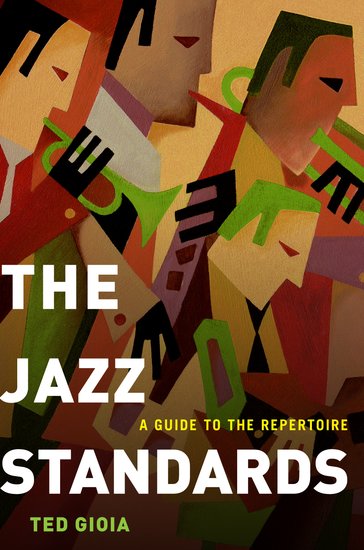Escape Plans: Solomon Northup and Twelve Years a Slave
By Daniel Donaghy
During the movie awards season, Steve McQueen’s new film 12 Years a Slave will inspire discussions about its realistic depiction of slavery’s atrocities (Henry Louis Gates Jr. has already called it, “most certainly one of the most vivid and authentic portrayals of slavery ever captured in a feature film.”) and the points at which the film most clearly reflects and departs from Solomon Northup’s original narrative.






